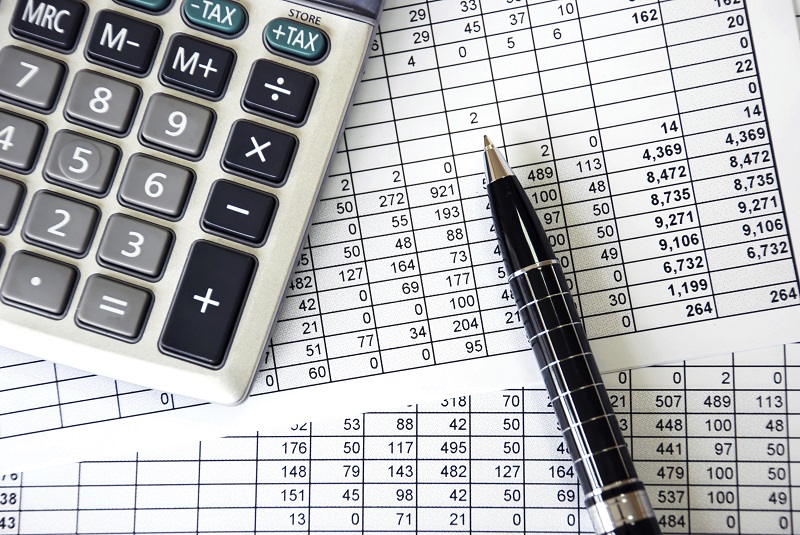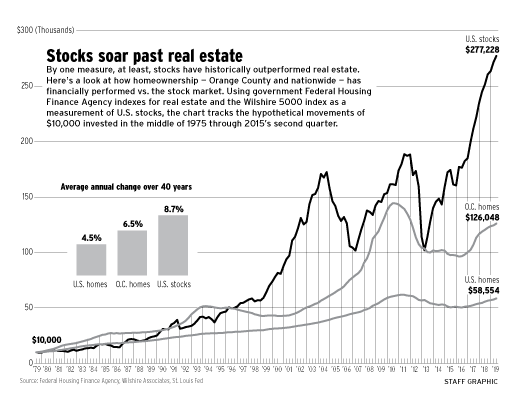Before you decide to withdraw money from your business, determine what the minimum balance in your business account should be. Use this information to calculate how much account funds your small business will need to stay afloat, and to provide a comfortable buffer in case your forecast is incorrect. To find the right balance, it’s important to look at the numbers, determine how much money your business needs, and understand how your income will be taxed.
Your compensation decision should be based on the amount your business will need to operate in the future and whether you are willing to use the pull method for more personal tax planning. The best savings method for your needs will depend on the type of business you have and how long it has been around. In addition to these considerations, each company has different operating costs.
Companies vary in type, legal structure, and other determinants that affect how an entrepreneur pays for services and skills. Entrepreneurs pay income tax and self-employment taxes using payroll or break-even. Entrepreneurs often don’t pay themselves at all, but withdraw money from a business account when they need it. Diving into a business account whenever the owner needs a little extra cash is a terrible way to run a business.
Accumulating cash in a long-term bank account is not the primary goal of any business. After all, putting cash into a savings account reduces the money that can be spent on hiring, buying stock, or developing new products. Having a corporate savings account to maximize cash reserves is important for a variety of reasons.
In addition to your monthly living expenses and discretionary money, the bulk of the cash reserves in your bank account should be in your reserve fund. Aim to create an emergency fund for three months of spending, and then split your savings between a savings account and an investment account until you have six to eight months stashed away.
The amount in your checking account should be enough to pay your monthly bill, withdraw cash to cover other expenses, so you won’t have to pay overdraft fees. That means the company will have to set aside six times the company’s average monthly cash flow as well as the amount set aside in a business savings account. For example, if a company’s monthly expenses are $10,000, it should have a cash reserve of $60,000.
The government insures almost all corporate cash reserve accounts up to a certain amount. Keeping cash in cash effectively disrupts the product life cycle for any business. During a lean month, postponing corporate savings ensures that the company has enough cash to pay employees and suppliers.
You can always set aside money for small business taxes. If you’d like to receive your taxes monthly or quarterly, consider setting up an automatic bank transfer from your regular business income account to your tax savings account. When withdrawing cash from your business, be sure to take advantage of the various tax rates and benefits.
To cover your federal taxes, set aside 30% of your business income – a solid rule of thumb. If you want more information or if you can save less than 30%, ask your accountant to determine what percentage of your business income you should set aside to cover taxes. Know what tax you will need so you can calculate your net income.
Based on this, you can calculate how much you actually received, which belongs to you or your business. Your accountant can guide you through the costs and tax savings of owning a business structure. A quick look at tax deductions: Once you pay a certain amount each year, usually more than $100,000, you can save on taxes with a more complex business structure like a corporation.
If your business is worth more than half a million dollars, you have 4 employees and an office, and you withdraw $200,000 each year on your own, you may not have enough money to pay for cost of sales, staff salaries, and overheads (or taxes). , for that matter), and if you haven’t come up with anything, it might seem like your business is extremely lucrative. Being in business can be tough, without financial rewards why bother? Paying yourself can sometimes feel like a tug of war between your needs and those of your small business.
Your small business needs money in the bank to pay bills and achieve future goals. Obviously, an important factor influencing your business’s profit margin and whether it has cash to pay its bills is the amount of money you are taking out of the business at any given time.
Identifying business expenses is more difficult when paying personal bills from a corporate bank account. If there are other owners or investors, personal fees paid from the business account end up in your hands. Even if you don’t sign up for a true business bank account (as opposed to a personal one), you’ll need a separate account dedicated to business income and expenses.
You can’t just upload your bank account transaction history to QuickBooks, Xero or Zoho Books and know that all fees are business-related. You can’t just upload monthly transaction records to your accounting software and then centralize all your business expenses in one place. If you use cloud business applications, be sure to pay annually rather than monthly to save money.
While you may want to set aside income for tax purposes, it’s always good to make more money. Many business founders go unpaid for the first few years, while others make so much that they find it difficult to scale their business. You can process payroll yourself, but many business owners use payroll services to calculate taxes, pay tax authorities, and create payroll and W-2 forms.
Helpful Links:
Homepage
About
Contact
Personal Development Partner





